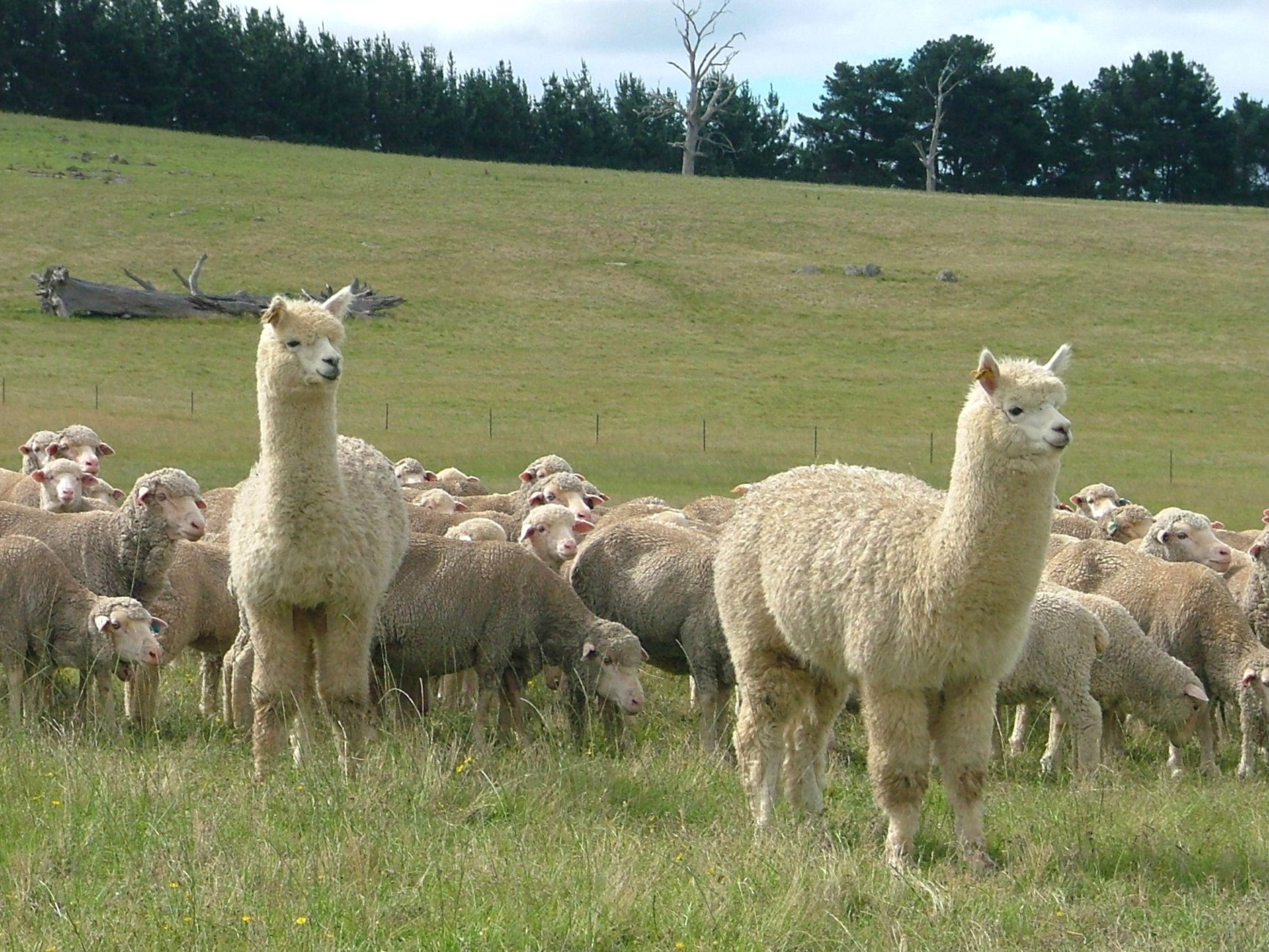Neu Leonstein wrote:For example, here's one I like (and just to be clear, I'm not the one who came up with this):
- Every payday (or slightly longer, depending on fees to buy index funds), take whatever part of your income you can spare, i.e. you don't think you'll need to spend within the next couple of years or so.
- About 100-{your age} per cent of that new money goes into a low-cost stock market index-tracking fund, with as much diversification as you can get.
- The remainder goes into a low-cost bond market index fund.
- You don't sell anything unless you really need to access the money.
...
Maybe you think one can do better by doing something else?
First, know how much you make in income, and how much you spend in expenses. Account for every cent. There's nothing to save or invest until you know its there.
Second, reduce your expenses as much as possible. Your needs are mostly wants. Treat them accordingly.
Third,
if you have any money left after expenses, use it to establish an emergency savings fund. 3 to 6 months worth. Enough to pay all your bills for long enough to get a new job. This is the money used to not become homeless; establishing it is top priority.
(The following assumes the current tax laws of the United States...)
Fourth, buy those index funds in a tax-deferred retirement account, to which you're contributing on a pre-tax basis. You get an immediate reduction in taxable income, you're automating your savings,
and you
cannot touch those funds until retirement age and/or your situation is so desperate you're willing to pay ordinary tax plus a 10% penalty (maybe excepting certain health-related expenses or first-time home purchases; check your specific account details). This last advantage is OK since, as we're likely investing in an aggressive (80-70%) stock allocation, so we don't want to touch it for
at least a decade or so anyway, ideally longer.
Fifth, once you've maxed out contributions to the above, begin contributing to a post-tax account like a Roth IRA, which is largely as above
except you can withdraw 100% of the value of your
contributions tax and penalty free at any time, and 100% of total account value tax free at retirement.
Sixth, once you've maxed
that out, and you've still got some left over, then you're doing fantastically well, and can go nuts on a taxable brokerage to your heart's content.
And regardless of the brokerage/account type, do not invest anything you're not ready to wave bye-bye to immediately. This is why we establish and maintain a positive cash flow and emergency savings account
first.
None of this is professional advice, do whatever you want at your own risk, if you think I know anything you get what you deserve.

Ifreann wrote:Money is shit and we should abolish it.
My labor is not free. Sorry.
The tax man, the land lord, my employer, and Special Circumstances seem to think it should be. They're all wrong too.


